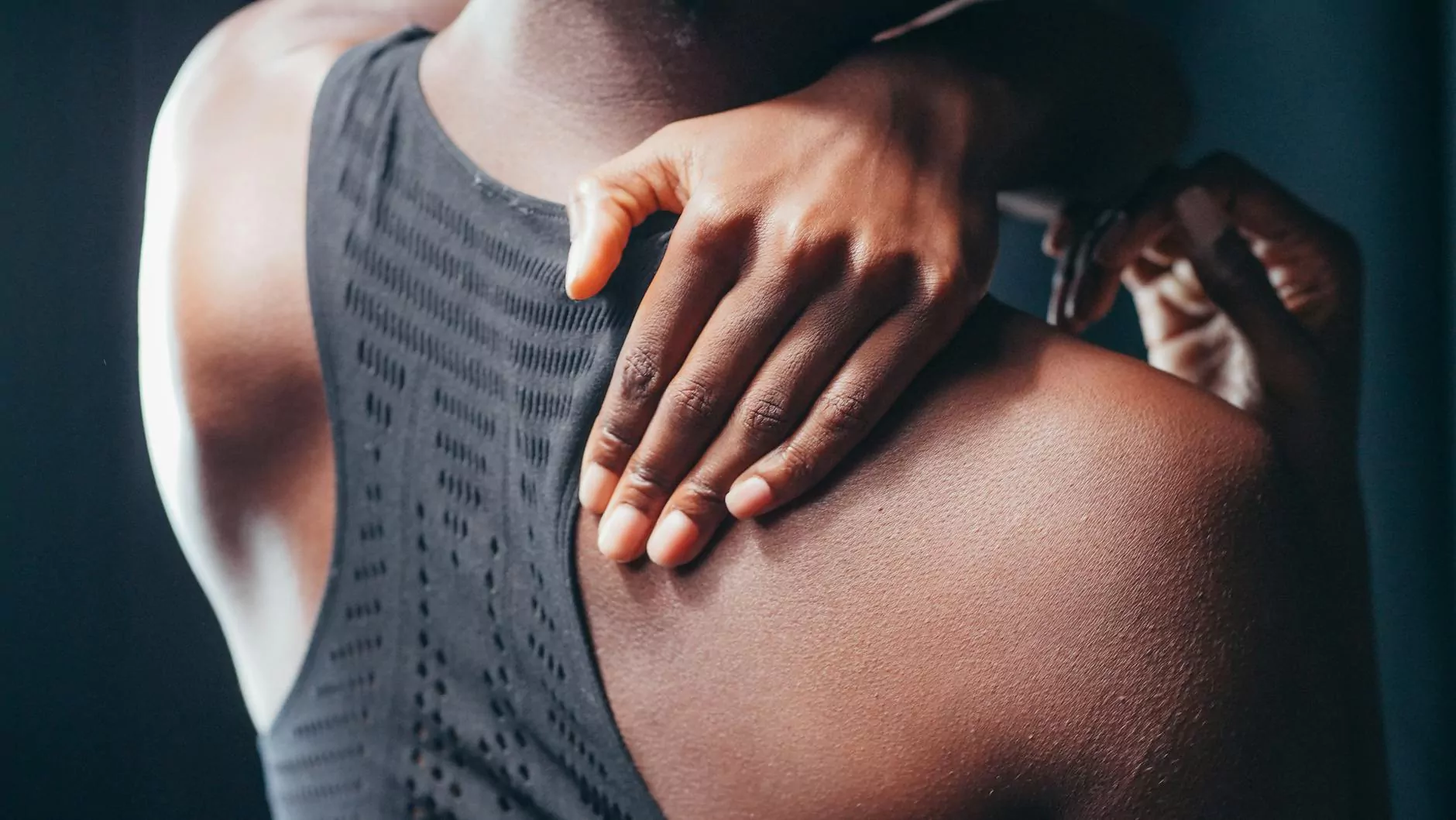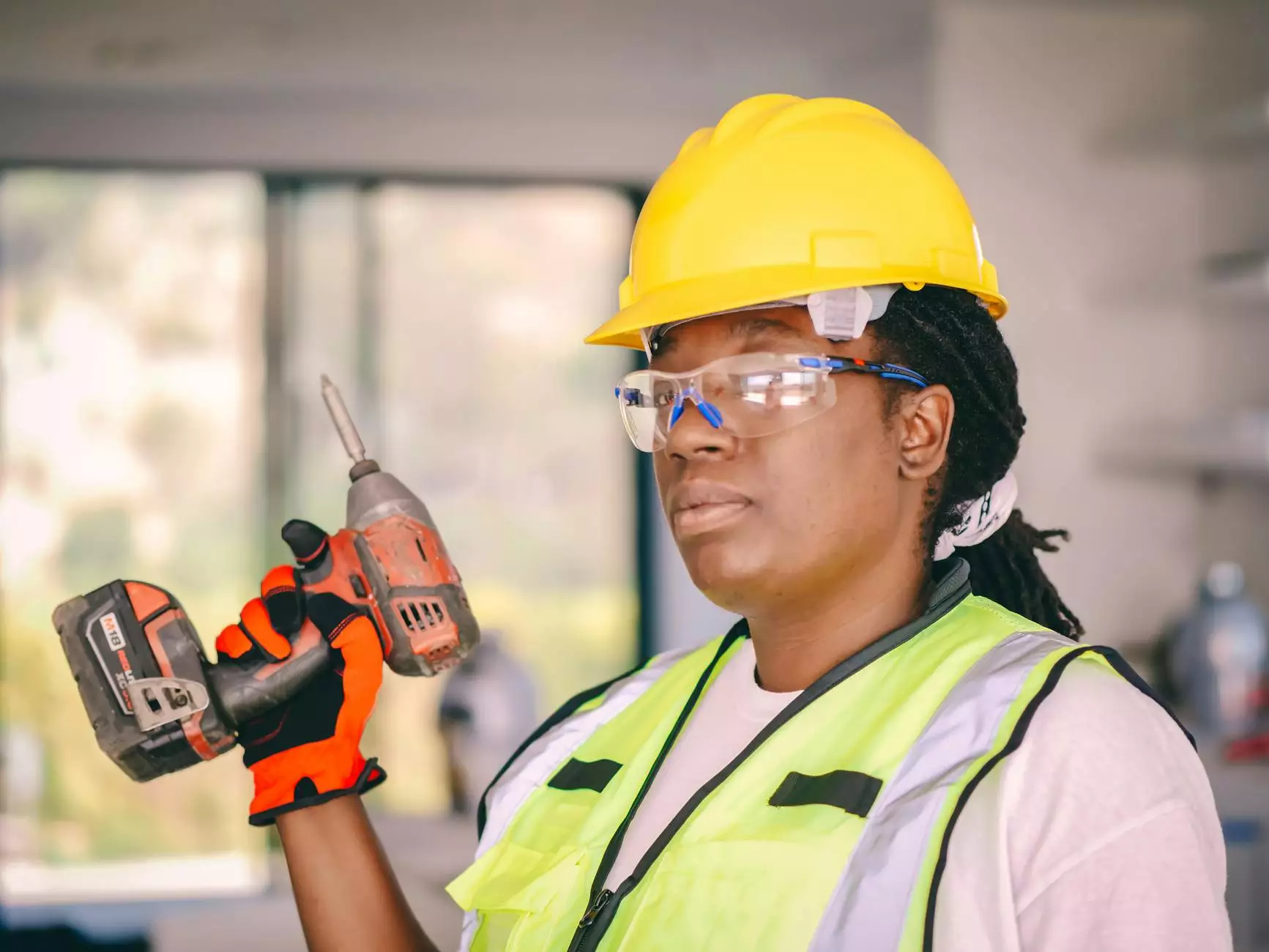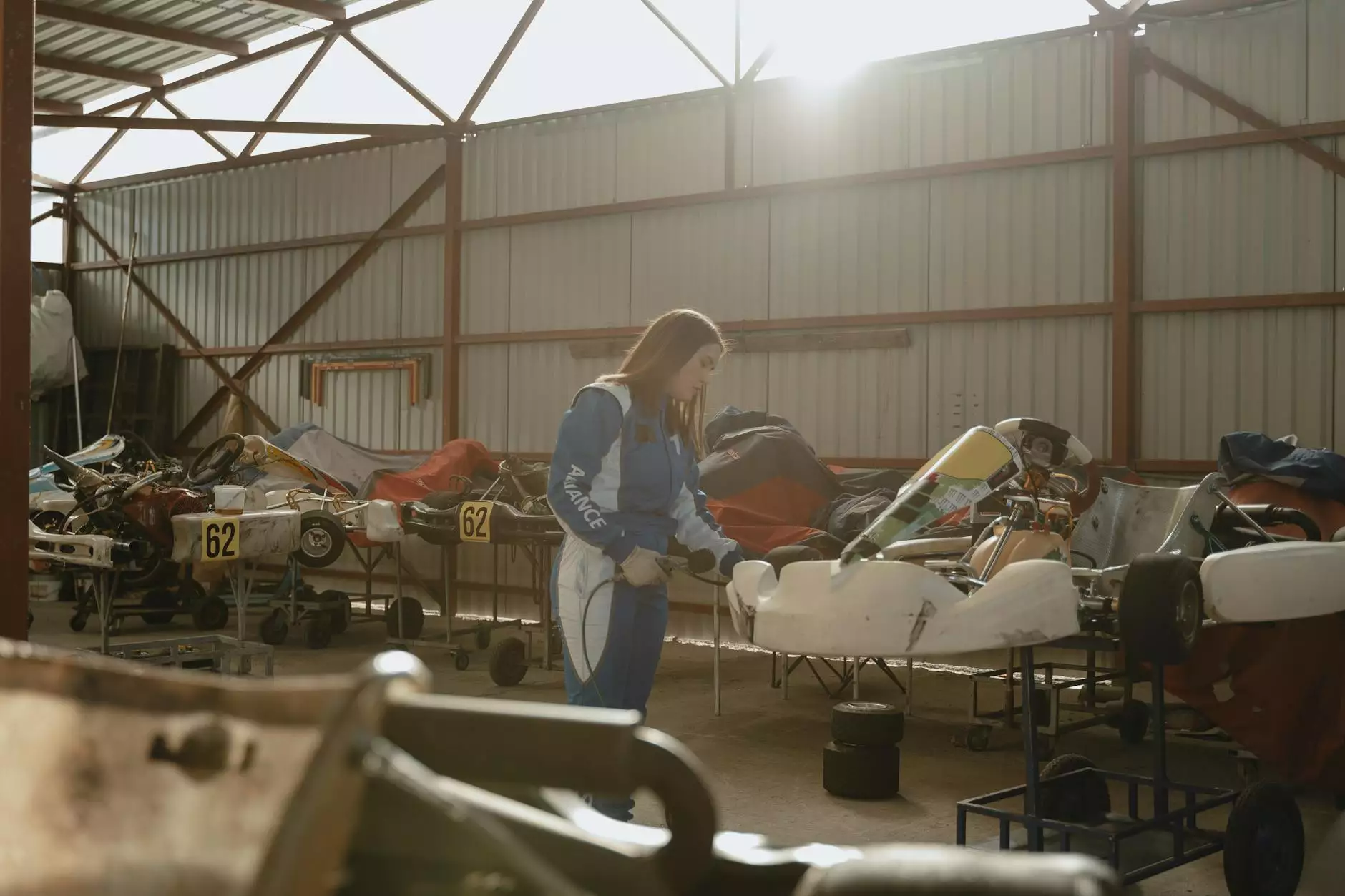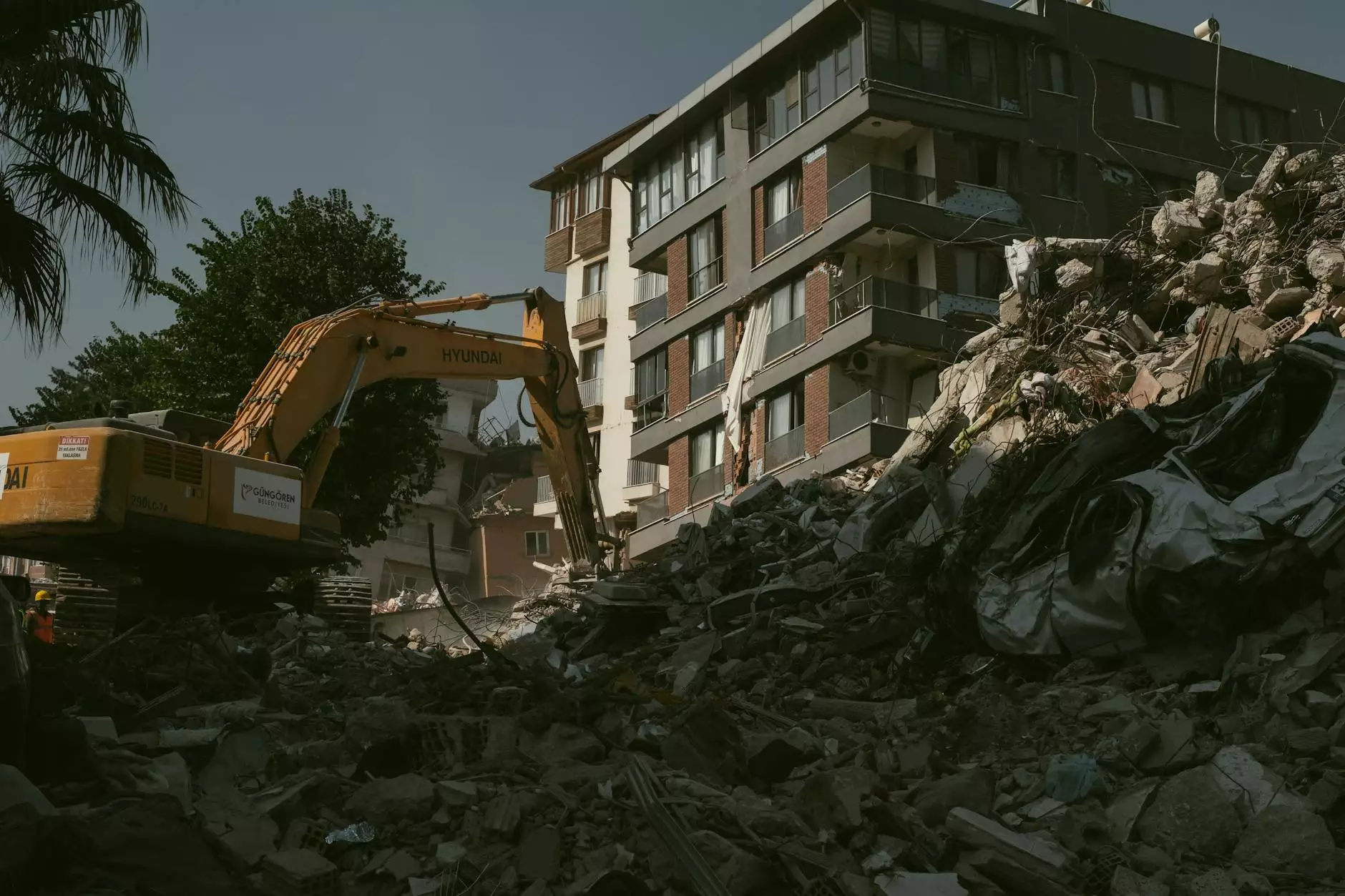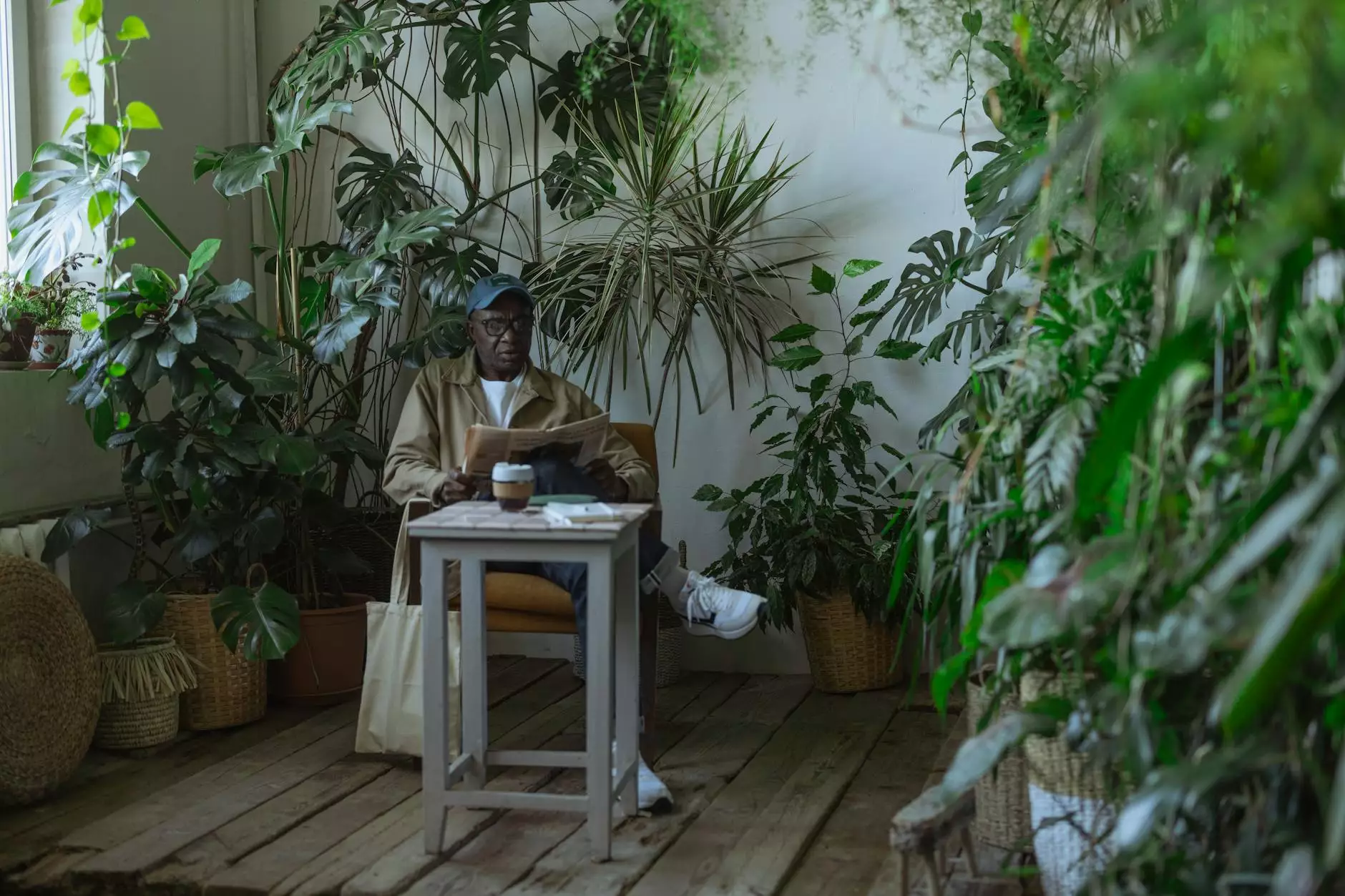Understanding Varicose Veins: Causes, Symptoms, and Treatments
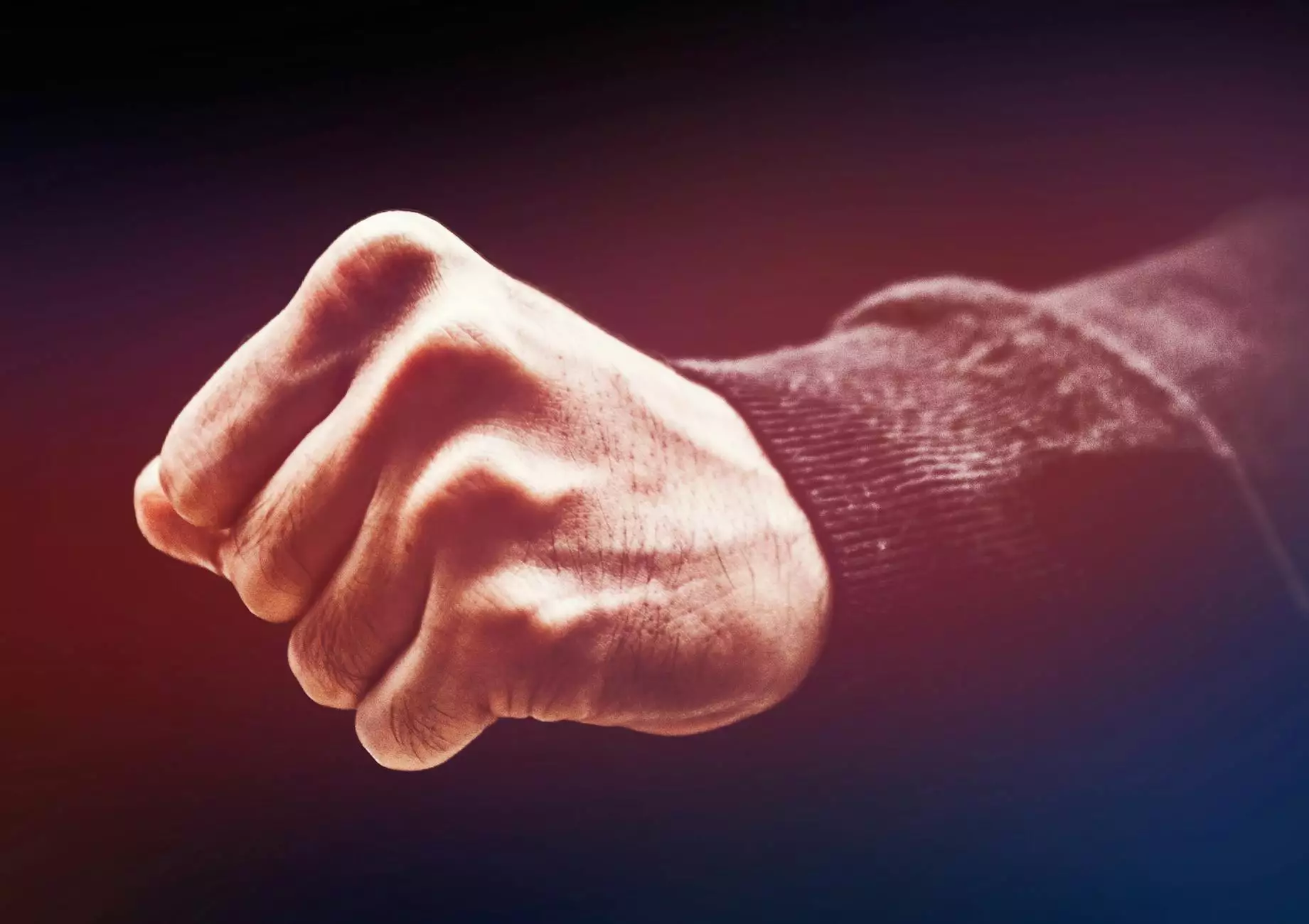
Varicose veins are not just a cosmetic issue; they can indicate underlying health problems that require attention. At Truffles Vein Specialists, we are dedicated to helping you understand the complexities of vein conditions, particularly varicose veins. This article provides comprehensive insights into what varicose veins are, their causes, symptoms, and various treatment options available.
What Are Varicose Veins?
Varicose veins are enlarged, swollen veins that often appear blue or dark purple. They can develop in any part of the body but are most commonly seen in the legs and feet. This condition occurs when veins become overfilled with blood, leading to their characteristic bulging appearance. Varicose veins can be painful, uncomfortable, and can lead to more severe health issues if left untreated.
Causes of Varicose Veins
Understanding the causes of varicose veins is crucial for effective prevention and treatment. The primary factors contributing to the development of varicose veins include:
- Age: As people get older, the valves in their veins can weaken, leading to varicose veins.
- Genetics: A family history of varicose veins increases the likelihood of developing them.
- Gender: Women are more prone to varicose veins, often due to hormonal changes during pregnancy, menstruation, or menopause.
- Pregnancy: The volume of blood increases during pregnancy, which can lead to the development of varicose veins. The hormonal changes can also relax vein walls.
- Obesity: Excess weight places additional pressure on veins, leading to their dilation and weakening.
- Prolonged Standing or Sitting: Occupations that require standing or sitting for long periods can hinder blood flow and lead to vein issues.
Symptoms of Varicose Veins
Varicose veins can present a range of symptoms, which may vary in severity. Common symptoms include:
- Visible Enlarged Veins: The primary sign is the appearance of bulging veins on the surface of the skin.
- Pain or Discomfort: Patients often report aching, heaviness, or throbbing in the legs.
- Swelling: Swelling in the lower legs and ankles may occur.
- Skin Changes: The skin around varicose veins may become discolored or develop sores.
- Itching: The area around the varicose veins can become itchy and irritated.
Complications Related to Varicose Veins
While varicose veins are often more uncomfortable than dangerous, they can lead to serious complications if not addressed. Some possible complications include:
- Blood Clots: Varicose veins can lead to the formation of blood clots in deeper veins, known as deep vein thrombosis (DVT).
- Venous Ulcers: Long-term varicose veins can cause severe skin changes and ulcers near the ankles.
- Bleeding: Enlarged veins may rupture, leading to bleeding.
Diagnosis of Varicose Veins
Diagnosing varicose veins typically involves a physical examination and a review of the patient's medical history. Doctors may also use various imaging techniques, such as:
- Ultrasound: This painless test uses sound waves to visualize blood flow in the veins, identifying any blockages or abnormalities.
- Doppler Ultrasound: This specific type of ultrasound evaluates blood flow and can highlight problems with veins in greater detail.
Treatment Options for Varicose Veins
There are multiple treatment options for varicose veins, ranging from conservative management to more invasive procedures. It’s essential to consult with vein specialists to determine the best course of action for your condition.
Conservative Treatments
In mild cases, conservative treatments may be recommended:
- Compression Stockings: Graduated compression stockings can help promote blood flow and relieve symptoms.
- Lifestyle Changes: Regular exercise, maintaining a healthy weight, and avoiding prolonged sitting or standing can aid in managing symptoms.
- Elevation: Elevating the legs can help reduce swelling and discomfort.
Minimally Invasive Procedures
For more significant symptoms, minimally invasive procedures may be necessary:
- Endovenous Laser Therapy (EVLT): This procedure uses laser energy to close off varicose veins.
- Sclerotherapy: A solution is injected into the affected veins, causing them to collapse and fade from view.
- Radiofrequency Ablation: A catheter delivers radiofrequency energy to heat and destroy the vein.
Surgical Treatments
In severe cases, surgical intervention may be required:
- Vein Stripping: A surgical procedure that removes varicose veins through small incisions in the skin.
- Phlebectomy: This procedure involves removing varicose veins through tiny punctures in the skin.
Preventing Varicose Veins
While it may not always be possible to prevent varicose veins, certain lifestyle changes can significantly reduce your risk:
- Exercise Regularly: Engage in activities such as walking, cycling, or swimming to improve circulation.
- Maintain a Healthy Weight: Keeping your weight in check can alleviate pressure on the veins.
- Eat a Balanced Diet: A diet high in fiber and low in salt can help improve vascular health.
- Avoid Prolonged Standing: Make a habit of moving around often if your job requires you to stand for long periods.
When to See a Doctor
If you experience any symptoms associated with varicose veins, it is essential to consult a healthcare professional. Early detection and treatment can help prevent complications and improve your quality of life. Symptoms that warrant a doctor's visit include:
- Severe pain in your legs.
- Skin discoloration or skin changes around the veins.
- Ulcers or sores on your legs.
- Signs of infection, such as redness and swelling.
Conclusion
Varicose veins are a common concern that can affect not only your appearance but also your overall health and comfort. At Truffles Vein Specialists, we understand the impact of vein conditions and are committed to providing the highest quality of care. By becoming informed about varicose veins, their causes, symptoms, and treatments, you take the first step toward managing your health effectively.
For personalized advice and treatment options, contact us today. Let us help you lead a more comfortable, active life without the discomfort of varicose veins.
https://www.trufflesveinspecialists.com/vein-conditions/varicose-veins/
